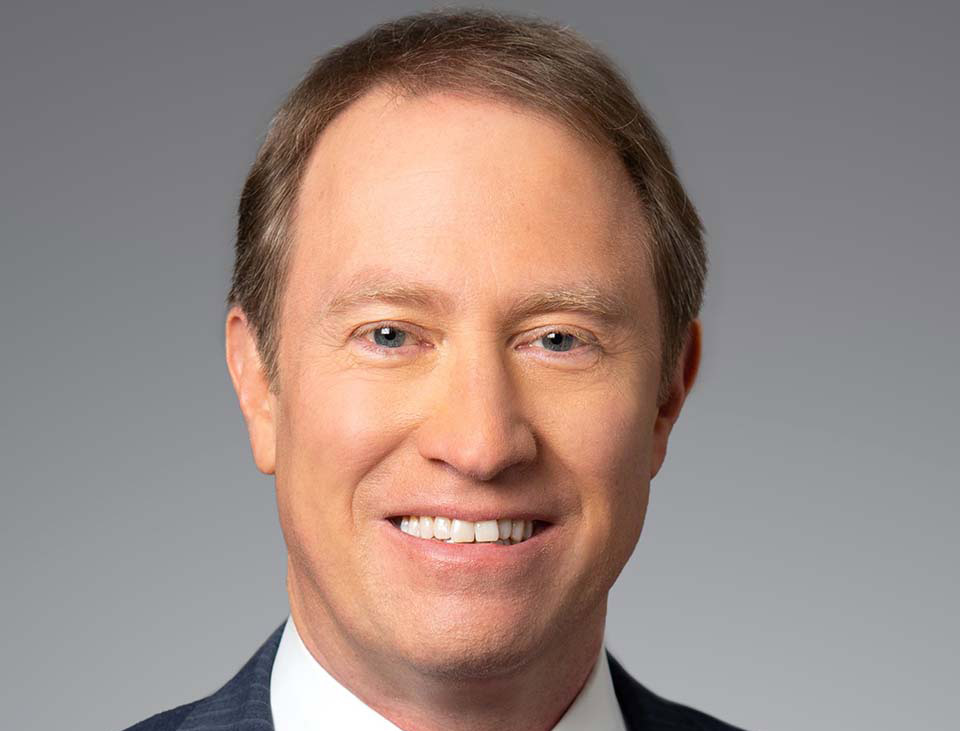Two extraordinary M&A deals, Elon Musk’s hostile acquisition of Twitter, announced in April 2022, and UBS’s rescue takeover of Credit Suisse in March 2023, bookended the toughest 12 months for investment banking since the global financial crisis 15 years ago.
These are the transactions that bankers and corporate executives will still be talking about many years from now. Books will be written about them, plays maybe. Morgan Stanley took a lead role on both and is the world’s best investment bank in 2023.
It advised Musk, a private individual first taking an activist position then pivoting to an unsolicited bid, in the fourth-largest take-private deal ever. The $41 billion takeover is a defining transaction for social media.
Shortlisted
- Goldman Sachs
- JPMorgan
“Twitter was epic M&A,” says an investment banker at another firm. “It was seismic.”
Musk memorably tried to pull out – or at least to renegotiate the price – as valuations fell in the weeks and months after he agreed terms. As well as advising Musk, Morgan Stanley underwrote bridge financing mostly secured against a corporate asset that its own client was still talking down even after he had agreed to buy it.
Jump to:
It was too a big deal for the leveraged loan and high-yield markets that first shrank last year and then all but closed.
The firm, long a leader in technology investment banking, made a big commitment to Musk and stuck to it resolutely.
“We are believers in Elon Musk and very proud of that transaction,” Eli Gross, global co-head of investment banking at Morgan Stanley, tells Euromoney.
The ultimate test of that belief will come over the $12.5 billion debt, which has remained on underwriters’ books long after the acquisition closed. It has not yet been syndicated beyond the original seven-strong group of bank lenders or offered out to the broader institutional leveraged loan market to find a clearing price.
It has been widely reported that Musk has met interest payments on the debt, even while he spent the first months of his ownership cutting Twitter staff in ways that alarmed corporate advertisers and struggling to find new ways to charge individual users for providing the content that attracts them.

Musk was himself a big user of the platform before he bought it, but he had no experience in publishing. Morgan Stanley has put its own credibility on the line – as well as its shareholders’ money – in the belief that he will find a successful business model for the company, beyond flattering his own ego.
“For clients we are close to and that want to do large transformative transactions, we are there for them,” says Mo Assomull, head of global capital markets at Morgan Stanley. “This transaction touched almost every part of Morgan Stanley: wealth management, M&A advisory and capital markets.”
Deciding to make such a big capital commitment, one of the few large leveraged loan deals struck in 2022 that has not yet come to market, will have gone right to the top of the firm.
Twitter results
It must have been extraordinary to advise a client – the richest person in the world at various times during the transaction – unconcerned by any of the conventions that traditionally constrain corporate acquirers to, for example, stick to the deals they have signed.
Corporations have brands and reputations they want to preserve. Musk has created vast wealth and corporate value as chief executive of Tesla, SpaceX and The Boring Company, but he is a maverick. He seemed almost intrigued to find out what might happen in court if Twitter litigated to hold him to the binding takeover agreement he had signed. But he upheld it eventually.
The next generation steps up
In May, James Gorman announced, one year ahead of time, his plan to step down as chief executive, before becoming executive chairman of Morgan Stanley in the short term, working with whichever of the three candidates the board has identified to replace him.
One of these candidates is Ted Pick, head of the institutional securities group that encompasses the firm’s advisory, financing and markets businesses – effectively, the investment bank.
Within that division, Pick has already instigated some succession planning of his own.
In July 2022, Morgan Stanley named Eli Gross and Simon Smith as global co-heads of investment banking, while the previous heads of that business, Mark Eichorn and Susie Huang, stepped up to chairperson roles focusing on client relationships.
There have also been changes in the M&A business, with John Collins, formerly the firm’s lead healthcare banker, stepping up to be global head of M&A, working with Jan Weber who now leads the M&A business in Europe, replacing Colm Donlon, who stays on as chairman of investment banking there.
This looks like an unusual kind of generational transition at a firm whose leaders often talk about the stability and longevity of banking teams as a source of comfort to clients.
But when the former business heads step up into chairperson roles, something has to give and some big names have left Morgan Stanley. Rob Kindler, one-time global head of M&A, an architect of many of the firm’s own signature deals after the great financial crisis, such as the purchase of Smith Barney, and most recently a vice chair of M&A, left in June 2023 to join law firm Paul Weiss.
Lower down the ranks, the firm made job cuts in December 2022 and May 2023, returning to the performance reviews and regular trimming of staff that have always been the brutal side of high-paying Wall Street careers, but that were put on hold in the deal boom that followed Covid.
“The way James Gorman dealt with Covid and protected employees was something to be very proud of and is consistent with our culture,” says Smith. “But that doesn’t mean that staff contribution and performance should not be managed. And low attrition and organic growth had put our pyramid out of shape. Morgan Stanley nurtures its talent, and it’s important we give the next generation the space in which to grow.”
Perhaps his seemingly impromptu and occasionally wild pronouncements are not quite as ill-thought out as first appears. Although he paid more than he would have six months later, the same could be said of almost any deal struck in the spring of 2022 and then completed in October.
Morgan Stanley had to weigh margin loans against his Tesla shares as well as the debt-service capacity of a target that he always intended to run very differently from his first day as owner. But most firms on Wall Street had been eager for the business.
“Elon Musk could have chosen any firm to work with,” Tom Miles, head of M&A Americas at Morgan Stanley, points out. “We have the best technology franchise on the planet and our team got him the outcome he wanted, which was to buy the company. The deal shows the strength of our tech franchise, our M&A franchise and our financing franchise.”
It is a reminder that chairman and chief executive James Gorman has grown and transformed Morgan Stanley in his 13 years at the top of the firm through a string of acquisitions in wealth management and institutional asset management. Those businesses now provide an abundance and stability of earnings to complement the more volatile investment banking and markets businesses on which it used to depend.
Gorman has succeeded and may go down as the firm’s greatest leader. He is now trying to engineer a smooth leadership transition – unusual on Wall Street – as he prepares to retire.
By contrast, Morgan Stanley’s great rival Goldman Sachs, a hugely powerful investment bank that regularly works on the opposite side (advising Twitter, for example) or next to Morgan Stanley, as in the IPO of Mobileye, now stands at a crossroads.
Long renowned as the best trading firm on Wall Street with the best risk managers, Goldman’s efforts to diversify and grow earnings that investors might reward as higher quality – in retail banking and corporate transaction banking – have lost money. And while the firm may yet succeed in cash management, questions are now crowding in around its chief executive, David Solomon.
Morgan Stanley is one of the best-capitalized large banks in the world. Its advanced common equity tier-1 capital ratio was 15.1% – 200 basis points above its minimum – with $92 billion in common equity, as well as $321 billion in liquidity resources, as of March 31, 2023.
It is an article of faith among Morgan Stanley folk that Musk will succeed. But if the firm does end up suffering a hit on the Twitter debt, it can take it.
This financial strength provides assurance to clients that the firm can withstand the downturn now spreading panic among the investment banks in the tier below the big three of Morgan Stanley, Goldman Sachs and JPMorgan.
This is an important moment, because we are now on the edge of a new cycle – after 15 years of financial repression
Ted Pick
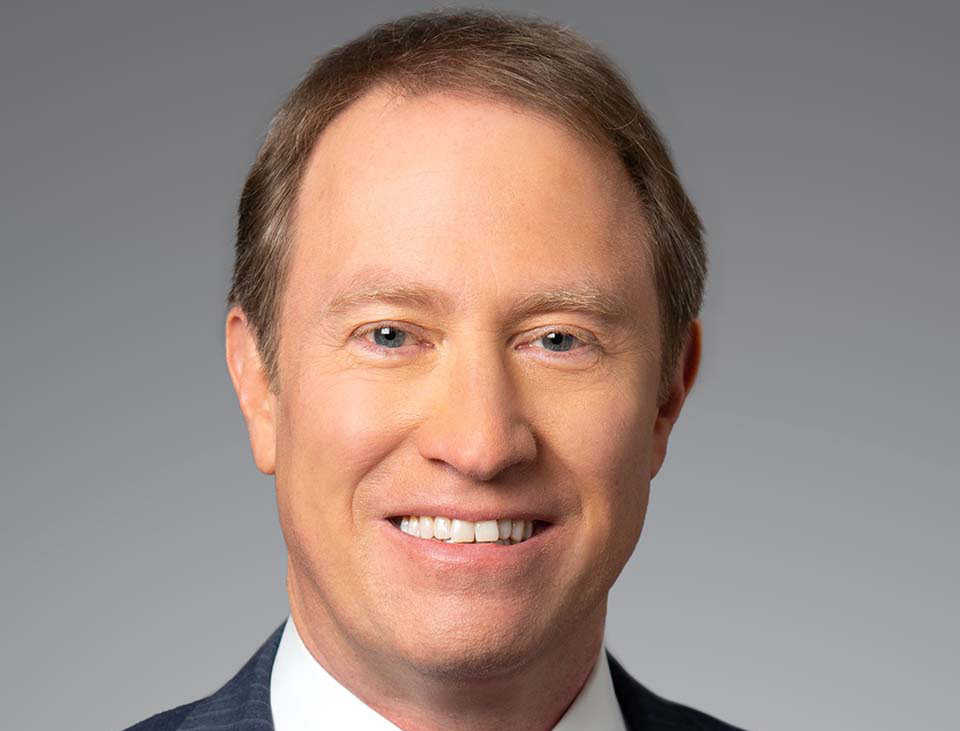
But the firm is not complacent.
“While the leading global investment banks appear to dominate market share, paradoxically the competition has never been tougher,” says Ted Pick, co-president of Morgan Stanley. “There is competition from mid-ranked bulge-bracket Wall Street firms who aspire to crack the top tier, from capital-light boutiques, from some of the re-energized national champions in Europe and from the new category of less regulated competitors among multi-strategy hedge funds and financial sponsors.”
Pick is head of the institutional securities group, Morgan Stanley’s investment bank, and one of the three contenders to succeed Gorman as chief executive.
Even the big three have to keep digging deeper moats to protect what they already have – and then try to grow.
“The need to continue to invest in human capital and technology to build leading financial services businesses around the world – for example in Japan, in Paris, in Hong Kong – is an existential imperative,” says Pick. “If we don’t do that, we may not be so well placed to compete for Euromoney’s world’s best investment bank award in five years’ time.”
Cuts and continuity
Like all investment banks, Morgan Stanley has cut staff during the recent deal downturn. It has so far succeeded in doing this while reassuring clients of continuity of coverage from expert industry teams and M&A tacticians in the busiest sectors: technology, pharmaceuticals, healthcare, industrials, global power and utilities, and real estate. It has been measured in its layoffs. And it has also been hiring.
The execution of that deal was as good as anything I have ever seen
Simon Smith
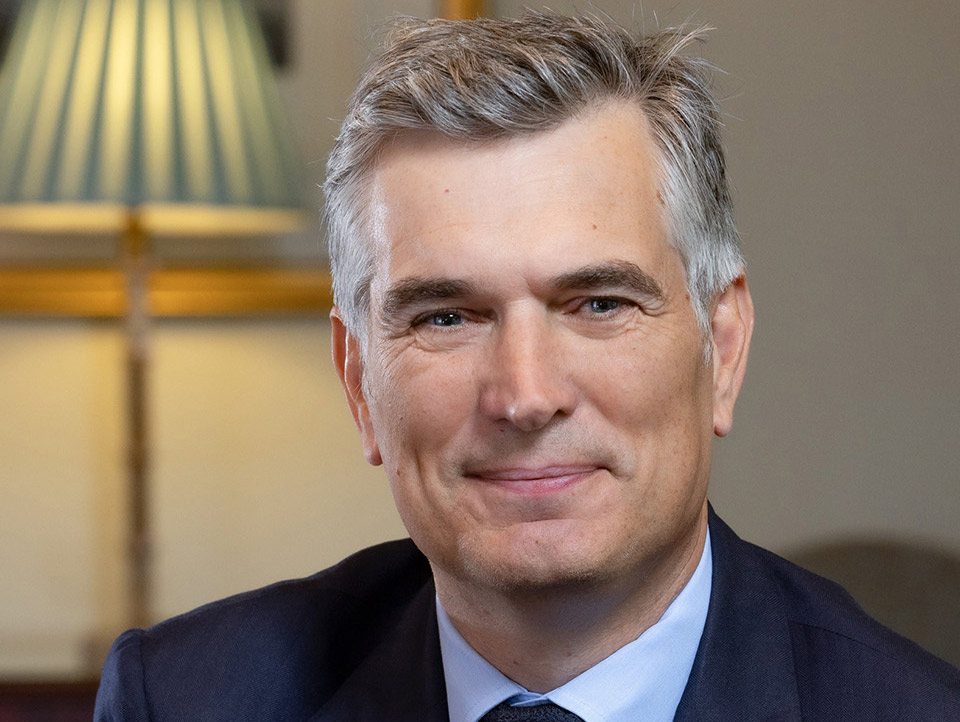
“This is an important moment, because we are now on the edge of a new cycle – after 15 years of financial repression – that will be characterized by higher inflation, real rates and the growth that signals the start of a new cycle,” says Pick. “In the short term, clients need advice on the changed cost of leverage, sources of liquidity and what financial pipes in their business might pop in the pressure cooker of rates rising so quickly from 0% to 5% or higher.”
Perhaps more important is the longer-term plan for the type of investment bank that will prosper once rates reset and economies settle into that new cycle, while coping with energy transition and supply-chain shifts.
Morgan Stanley makes much of the fact that its senior managers typically have average careers spanning 25 years, with perhaps 80% of that at the firm, and can remember times, such as the mid 1990s, of positive real rates, when markets were in neither recession nor a bubble and what then drove corporate operating margins.
“My highest conviction view is that the next cycle will not be very different from past cycles, in that an integrated investment bank will be led by great bankers providing differentiated corporate finance strategic advice to clients, same as it was 20 years ago, as exemplified by our work for UBS on the transformative acquisition of Credit Suisse,” says Pick. “Trusted adviser insight amidst ongoing geopolitical and regulatory uncertainty will always matter. So will the ability to deliver global reach across the full suite of markets capability and research insight.”
People power
The firm moves senior people between jobs, from running products to running client coverage, from heading industry groups to heading countries.
“We want to retain our best people but not necessarily in the same boxes,” Pick says. “In moving them around, we want to challenge ourselves with a view to capturing incremental market share. And we want to support them with technology that makes them work more efficiently, to be able to serve clients more powerfully.”
Some of this shake up now falls to Gross and Simon Smith as the new global co-heads of investment banking. Appointed in a downturn, they want to chase growth, of course, but also be pragmatic.
“This firm has certain power alleys, and we are putting some of our best bankers in the spaces we know well and that will remain busy,” says Gross. “In a downturn, you cannot squeeze blood from a stone, and while you can boast about a big market share, 30% of a market where nothing is happening still doesn’t bring you very much.
“We are also adding bankers in newer sectors with strong structural tailwinds, such as energy transition. We have recruited managing directors with expertise in solar, cleantech and carbon capture, for example.”
Morgan Stanley also has a powerful financial institutions group (FIG) investment banking franchise, which was mobilized to impressive effect on the second key deal towards the end of the awards period: UBS’s rescue takeover of Credit Suisse.
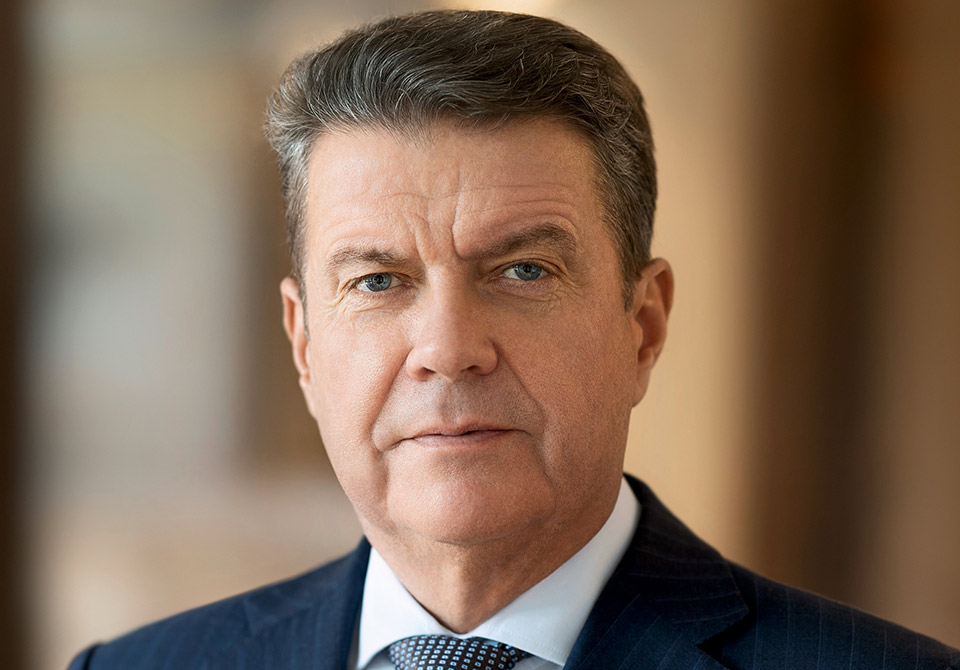
Colm Kelleher, former head of the institutional securities group at Morgan Stanley and Pick’s old boss, took over as chairman of UBS in April 2022, just as his old firm was focusing on Musk.
From his first weeks at UBS, Kelleher would have been war-gaming a possible takeover of its troubled domestic rival and discussing it with the Swiss authorities in the lead-up to the panic that overwhelmed Credit Suisse in March 2023.
As Credit Suisse teetered on the edge of non-viability and resolution, Kelleher drove an acquisition full of opportunity for UBS but also full of risk.
He relied on his former Morgan Stanley colleagues in the days running up to and through a frantic weekend. If a deal hadn’t been negotiated, a catastrophe in Europe and US banking might well have followed.
Pick takes great pride in the transaction.
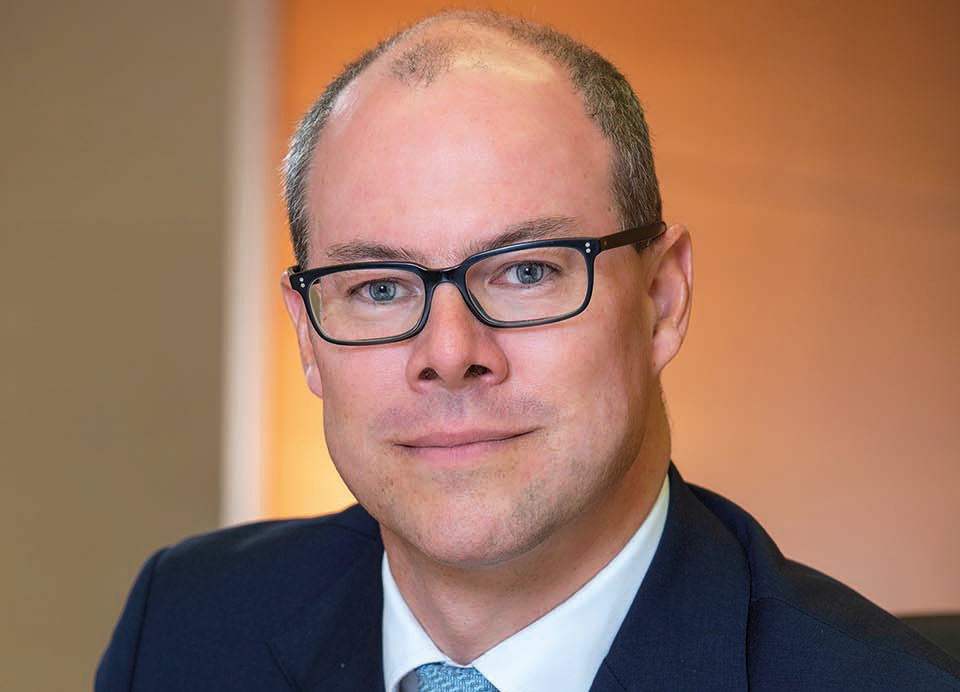
“We had a team of expert individuals such as Guillaume Gabaix, who runs FIG in Europe, and Colm Donlon, who chairs M&A in Europe, embedded in the boardroom and bringing their professionalism and analysis to bear in a highly complicated, potentially fraught moment to help a key client in an industry, which has historically mixed results on M&A deals. In short, they delivered the integrated investment bank for our client.”
Banks choosing which other banks to give their own business to is always telling.
“We have an exceptional FIG franchise, but it is still quite something when you get a call from an extremely sophisticated buyer of investment banking services like UBS to help them on the deal of a lifetime,” says Smith. “This had been a long time coming, and UBS knew it was possible that they might get the call. The big Swiss banks know each other inside out and we had a team looking every which way at all possible outcomes. However, no matter how well you prepare, there are always very complicated issues.”
The first days and weeks after the rescue takeover were dominated by threats of legal action from additional tier-1 (AT1) bondholders over how they were wiped out – on the basis that Credit Suisse would have been non-viable without state support – while equity investors were not.
No one likes to lose money. But insolvency would have unleashed a firestorm on the Swiss banking industry and economy, and it would have spread far beyond Switzerland. Sometimes investors criticize the path taken without remembering what the alternative was.
On the handling of the due diligence and negotiation of terms, Smith says: “The execution of that deal was as good as anything I have ever seen. And if you think back to how the bank rescues in 2008 were done, this was incomparable.”
In part, that may have been because of preparations that had been completed ahead of time.
A private-sector solution had to be found for Credit Suisse. And while the controversy over AT1s dominated the headlines in the days that followed, this was rather a luxury. Essentially, global financial markets opened on the morning of Monday March 20 and bought the solution.
Over the line
In markets like these, bad choices that might have gone unnoticed in the days of free money can be very expensive. Make a mistake on an equity raise, for example, and investors can be unforgiving, potentially even tipping companies that had hoped to strengthen their balance sheets towards collapse.
This has been a Morgan Stanley kind of market, with a lot of volatility where companies … need good, integrated advice from stable and experienced teams
Mo Assomull
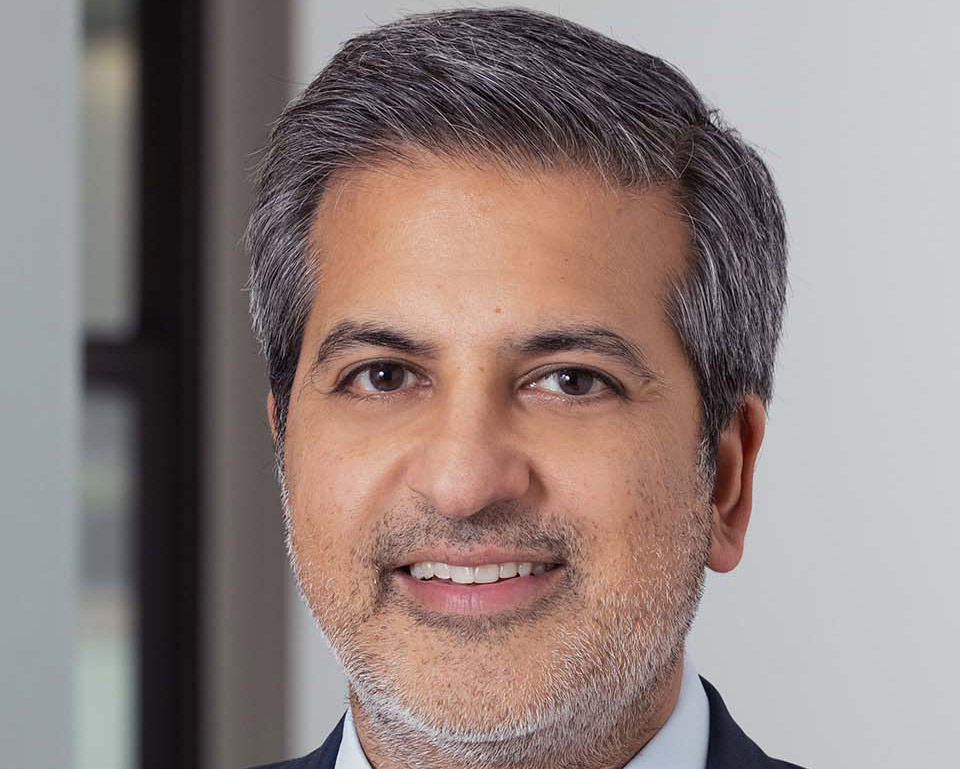
In the drama surrounding US regional banks that followed the failure of Silicon Valley Bank, it is easy to forget that it had been trying to raise equity to cover the capital hit from selling long-duration fixed income assets below par to meet depositor withdrawals.
Failing to get that equity raise across the line was the trigger for what came next.
“This has been a Morgan Stanley kind of market, with a lot of volatility where companies, especially those going through transition or repair, need good, integrated advice from stable and experienced teams of market and industry experts,” says Assomull. “So for example, IPO volumes were down 60%, but we were still confident in launching and pricing the Mobileye IPO.”
Morgan Stanley was joint lead bookrunner, along with Goldman Sachs, and stabilization agent on that $990 million transaction last October, a rare piece of good news for equity capital markets bankers. It allowed Intel, the seller, which had acquired the Israeli automotive technology company in 2017, to both raise capital and realize a valuation of its retained 94% stake in Mobileye.
As well as winning over institutional investors, the IPO included a concurrent private placement to General Atlantic. Mobileye also reserved shares for sale through a Morgan Stanley-led directed share programme.
Intel has hefty financing requirements for its vast capital expenditure programme, raising concern among rating agencies over debt service costs as rates rise. Morgan Stanley was also active bookrunner, billing and delivery agent, and led the one-day marketing exercise for Intel’s $11 billion seven-tranche bond deal in February 2023, which included maturities ranging from three to 40 years.
That drew a $44 billion order book, including 40 different orders of $250 million or above, even after the company had been downgraded, which allowed it to tighten by 20 basis points to 25bp from initial price talk.
Uncertainty vectors
Rapid and large hikes in interest rates drove up the cost of debt and equity financing in 2022 and dragged down the value of corporate assets. Fears spread, and still persist, about the possible depth and duration of recession. And, with war in Europe, geopolitical tension ratcheted higher between the US and China.
“M&A deal volumes peaked in May 2022 and then essentially halved in the second half of 2022,” says Gross. “Then, just when it seemed things couldn’t get worse, they did in the first quarter of 2023. Uncertainty coming from so many vectors all at once – over the cost of capital, the economic outlook and geopolitics – reined in CEO and board confidence. It also impacted the IPO business.”
In a downturn, executives at potential acquirers worry about missing out and how it might look to their boards if a competitor moves first and they appear to have been caught flat-footed
Eli Gross
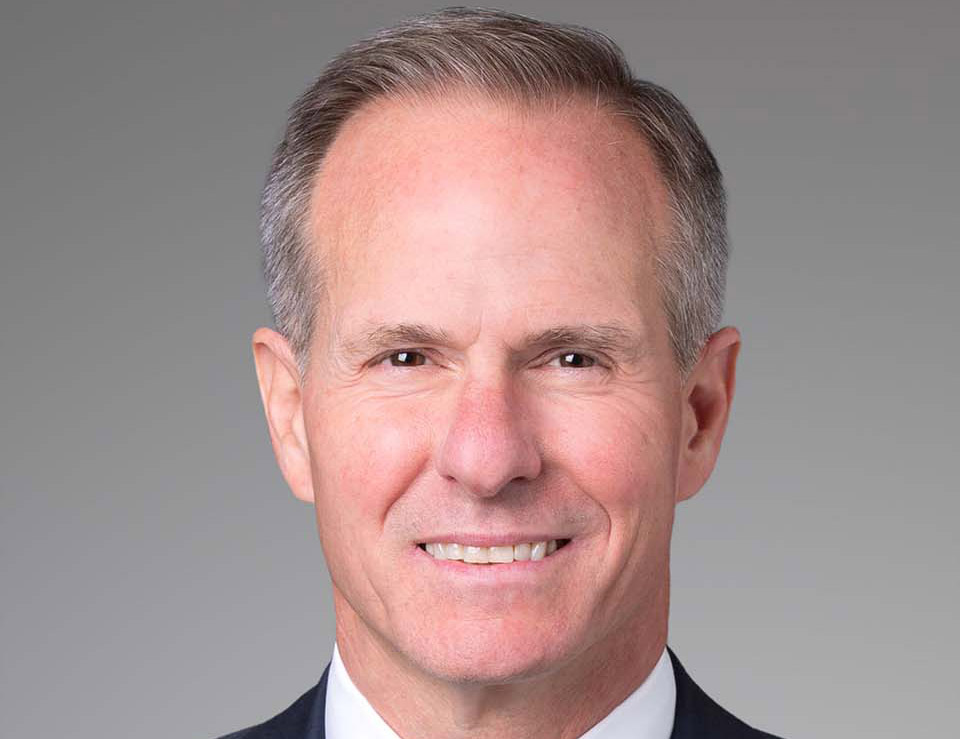
The valuation of cash flows does not reset overnight for equity investors or strategic buyers, and in fact cannot until all markets, including risk-free rates, start to settle on the same basic assumptions.
The initial reaction of many corporations to the rapid rise in interest rates in 2022 was to try and ride it out and wait for rates to head down again. Many had the comfort of big financings arranged in the Covid dash for cash of 2020 and 2021.
But rates aren’t going back to zero. This is a secular change with profound implications. Waiting too long to refinance looming maturities, even if it is suddenly much more expensive to do so, makes rating agencies and equity investors nervous.
“Equity markets become very technical, more driven by quant and macro investors than by active funds steadily putting money into the markets,” says Assomull. “A sign of our good advice and execution for Intel and Mobileye and also for GE on the spin-off of GE Healthcare Technologies, is that in June 2023 we were able to bring their follow-on offerings. If we had not positioned them well in the markets at the outset, they might not have been able to come back to investors so easily.”
Morgan Stanley disclosed in its 10-Q report for the first quarter of 2023 that it is in discussions regarding the potential resolution of investigations by the Securities and Exchange Commission and the US Attorney’s Office for the Southern District of New York into various aspects of the firm’s equity block trading business, certain related sales and trading practices, and applicable controls.
This investigation has hung over the firm since the start of 2022 and its executives decline the opportunity to share with Euromoney how those discussions are going. It doesn’t seem to have had too much impact on its business. Morgan Stanley remains one of the leading firms in blocks and is still taking calls from many of the sellers.
One notable success came with the registered block trade sale by Walgreens Boots Alliance of $1.6 billion worth of stock in AmerisourceBergen, which took Walgreens’ stake down from 26% to 20% of the company.
It came on November 7, 2022. It was a competitive block coming on a difficult, volatile day. Morgan Stanley stepped up. It has a leading secondary equities business and was able to place the stock with new and existing long-only, specialized healthcare-dedicated accounts and hedge funds.
Cruise control
Morgan Stanley has financed firms through the collision of difficult points in their own industry cycles with equity markets that were tough to access.
Gross points to the $1.2 billion convertible offering Morgan Stanley lead for Royal Caribbean in August 2022, which priced with a 6% coupon and 40% conversion premium.
There may be fewer deals getting across the finish line, but this is the busiest downturn I have been through. There is so much pent-up demand to deploy capital
Tom Miles
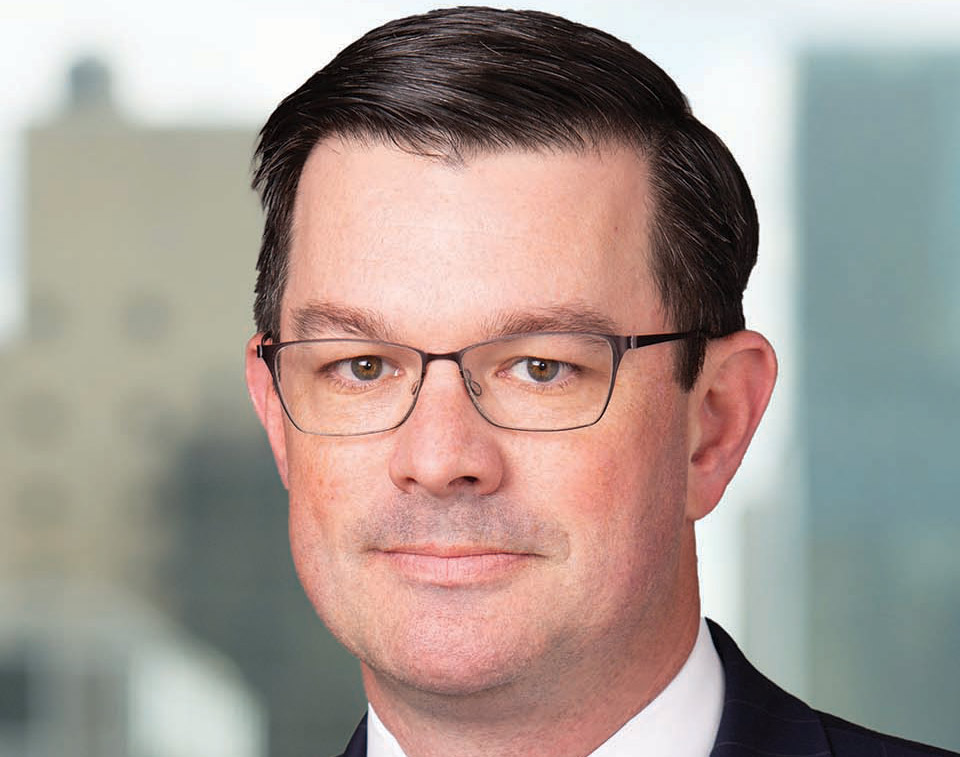
“We had extended balance sheet to Royal Caribbean through Covid, when some advisers were telling cruise lines just to raise equity to protect their balance sheets and not worry about the dilution,” he says. “Royal Caribbean fared better because it took advantage of the standby liquidity facility we had put in place to take the time to get a better read on the equity markets and only come back at the right moment. It issued the convertible refinancing in August 2022, after the stock had already run back up. So, kudos to them.”
And Morgan Stanley has helped firms to realize value in other troubled sectors, such as commercial real estate. It was a longstanding adviser to Duke Realty and advised it on the $22.8 billion stock-for-stock sale to Prologis in October 2022, the largest industrial real estate investment trust (Reit) deal ever.
It also advised VICI Properties on the $16.3 billion acquisition of MGM Properties, while arranging committed financing of $9.3 billion to support a deal that creates the largest net lease Reit by market cap. Morgan Stanley has a highly regarded real estate investment banking team, which first emerged out of its own real estate investing business. It is a long-time adviser to VICI.
From the acquirer point of view, Gross says: “All companies, depending on their sectors, have a variety of targets they could pursue but just a handful that they really care about. In a downturn, executives at potential acquirers worry about missing out and how it might look to their boards if a competitor moves first and they appear to have been caught flat-footed.”
Miles adds: “There may be fewer deals getting across the finish line, but this is the busiest downturn I have been through. There is so much pent-up demand to deploy capital. Well-capitalized buyers are going after their wish-list targets – deals that make sense in virtually any economic environment. Buyers tend to adjust first to lower valuations, but public shareholders are catching up, which is why we are seeing an uptick in unsolicited activity. Given the impetus to return money to their LPs, sponsor sellers will likely break next on valuations.”
While most big investment banks are still struggling to cut costs in response to the sharp downturn, Morgan Stanley is already looking to the coming upturn.
